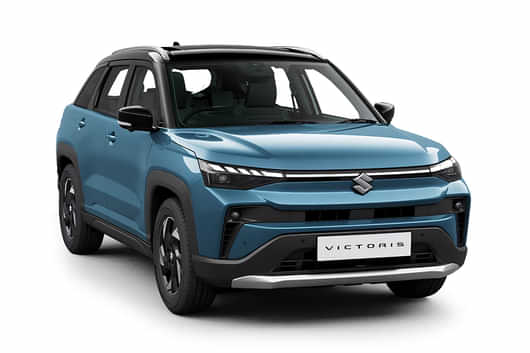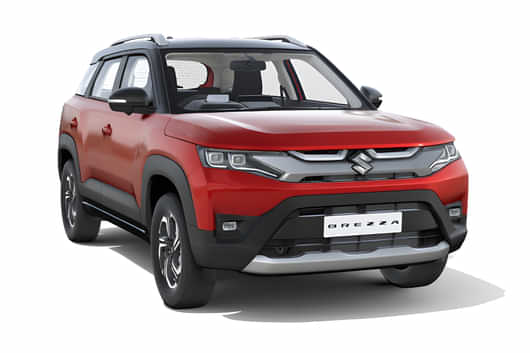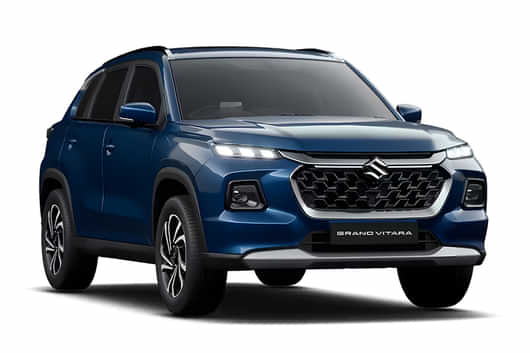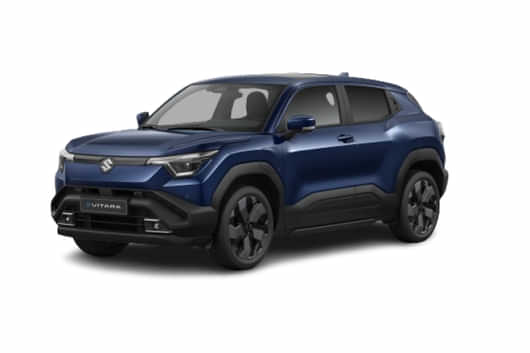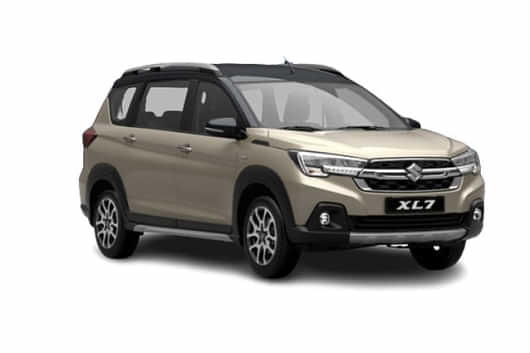
KEY HIGHLIGHTS
- Hybrid cars are much more expensive than regular ICE cars.
- Saves a lot of money because of their excellent fuel economy.
- More powerful than regular ICE vehicles.
The term hybrid's literal meaning is "something that is a mix of two very different things," and in the current automotive world, we are constantly hearing this word because the industry is currently in a transition phase. So, hybrid in cars means that an engine and an electric motor are working together to keep the vehicle in motion. If this sparks curiosity, let me ignite it more by telling you the pros and cons of hybrid cars below. Before that, make sure to join the 91Wheels Whatsapp Channel to never miss out on automotive updates.
Also Read: Enjoy Saving Up To 2.40 Lakh On MG Hector - Valid Until 31st March
Hybrid Cars - Pros
- Top Notch Fuel Efficiency

The core reason why anyone will buy a hybrid car is because of excellent fuel economy. It happens because there are two very different things working together to propel the vehicle, where the heavy lifting is still done by the engine, but the electric motor helps create a world of a difference. So, when a hybrid car starts, first the electric motor kicks in and sends the power to the wheels to make it move. After reaching a certain speed, the engine takes over, because the batteries aren't powerful enough to produce enough power to make the car go faster. By this process, the load on the engine is distributed, which is why it consumes so little fuel, hence great fuel efficiency.

For example - the Maruti Suzuki Grand Vitara with Strong Hybrid tech achieves 27.97 kmpl of mileage even in city traffic, and on highways it goes up to 30 kmpl.
2. No Need To Charge Batteries

The other source of power here is an electric battery, usually placed beneath the rear seats, but they don't require any charging as they self-charge through regenerative braking, which also helps make the batteries more efficient. Apart from this, the battery alone has enough power to keep the car in motion for a certain number of kilometers. To add more, in all hybrid cars, there is a specific EV mode - when activated, the car moves entirely on battery power. So, suppose you're driving and the fuel runs out; the car can still go for a certain distance, allowing you to reach the closest fuel pump.
3. Extra Boost
As mentioned above, after a certain speed, the engine takes over, as it produces the optimum amount of power to make the car go faster. The electric motor can also assist in providing that extra boost. For example, while driving in cities, the car's speed never remains constant due to traffic conditions, and we often press the throttle too much to get ahead of other cars. In such scenarios, power should be available with just one tap, which an ICE engine cannot deliver, as it needs to reach a certain RPM to produce the most torque. This is where hybrid cars come in - with just a little push on the pedal, the electric motor kicks in, and the car sprints ahead.
Hybrid Cars - Cons
Expensive
The technology and two powerhouses in one car make hybrid vehicles an expensive option to buy. For example, the Honda City Hybrid starts at Rs 19.10 lakh, whereas the regular ICE Honda City starts at Rs 11.92 lakh. So, the huge price difference is real. Yes, buying them is a smart decision, but owning them is a big commitment.
Higher Maintenance
It goes without saying that the maintenance of hybrid cars is more expensive than that of regular cars. This is because the entire system of the car has become more complex, with many components that need to be checked from time to time, which increases the overall cost. However, this also depends from company to company, as the service cost for the Grand Vitara Strong Hybrid is quite normal, costing only 4,000 to 5,000.
Boot Space

Because the battery is placed behind the rear seats, it takes up a small portion of the boot area. For example, the boot space of the Grand Vitara is 265L, which is 108L less than the Smart Hybrid Grand Vitara. Although this is not the case with every hybrid car, mass-market vehicles do have this issue. Another example is the Honda City Hybrid, which offers less than 350L of boot space, whereas the regular City has 506L of boot space.

Also Read: Why Is The Resale Value Of Electric Cars So Poor In India? We Explain
Verdict
So, these are the 3 pros and 3 cons of hybrid cars, and I have used the examples of the Grand Vitara and Honda City repeatedly to explain my points. Personally, I believe they are fantastic options, as the overall positives of this system outweigh its negatives. I think that before EVs fully take over, it's better to switch to a hybrid to save more money.











